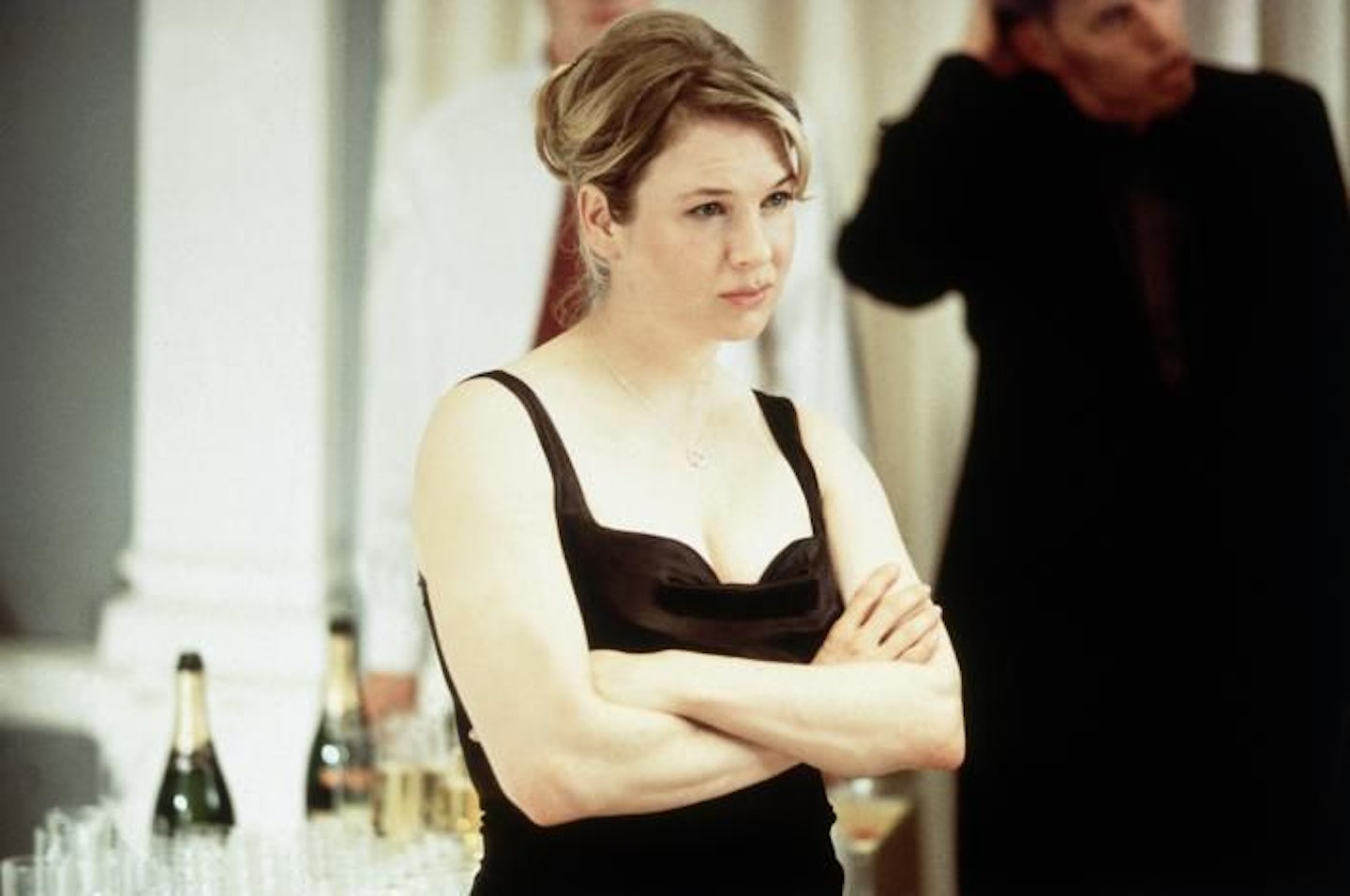Former Prime Minister Margaret Thatcher has been named as the most powerful woman of the past seventy years in a new list from BBC Radio 4's Woman's Hour.
This year's Power List celebrates the seven women thought to have made the biggest impact on women's lives over the past seven decades. Joining Thatcher are Beyoncé, feminist writer Germaine Greer and, for the first time ever, a fictional character - Helen Fielding's Bridget Jones has been recognised for giving voice to female 'banality' and 'complexity.'
Chaired by journalist Emma Barnett, the judging panel included business leader Karren Brady, former Labour adviser Ayesha Hazarika, award-winning screenwriter Abi Morgan (who wrote the Thatcher biopic The Iron Lady, which starred Meryl Streep), former editor of Woman's Hour Jill Burridge and Editorial Intelligence founder Julia Hobsbawm.

Barnett, who has chaired the panel for the past three years, spoke of her delight in 'being able to select women who are no longer with us to commemorate Woman's Hour's special 70th anniversary,' allowing the list to 'respect and honour the ground-breaking work of pioneers' including Brook clinic founder Helen Brook and Labour politician Barbara Castle, who brought in the Equal Pay Act in 1970.
The top seven women on the list are as follows...
1. Margaret Thatcher: Britain's first female Prime Minister and leader of the Conservative Party
What the judges said: 'Love her or loathe her, it is hard to think of another woman who has had more of an impact on British women than Baroness Margaret Thatcher within the last seven decades. Anyone born in the 80s, and thereafter, grew up thinking it was normal for a woman to run the country; anyone over the age of 18 while she was in charge was shaped by her leadership style and uncompromising policies. In fact a whole generation of women's feminism was formed in direct retaliation to her.'
2. Helen Brook: founded Brook Advisory Centres offering contraceptive advice to unmarried women
What the judges said: 'The biggest change was probably contraception, which freed women to think about what they did and what choices they had - in terms of whether they stayed at home or chose to develop their career. Everything has followed on from that - employment, job opportunities, all those things flowed on after the change when the pill became freely available to women.'
3. Barbara Castle: Labour MP who brought in the Equal Pay Act in 1970
What the judges said: 'It would be criminal not to put Barbara Castle on that list. Every negotiation I've ever had I know I've got her standing behind me with what she put into legislation.'
4. Germaine Greer - feminist writer and author of The Female Eunuch
What the judges said: 'She's a warrior - she's somebody who went to the frontline of feminism and said "Bring it on."'
5. Jayaben Desai - strike leader during the Grunwick dispute of 1976, campaigning for better pay and conditions for women workers
What the judges said: 'She highlighted the plight of low paid women, immigrant workers, racism, trade union recognition - but also dignity, humanity and basic human rights.'
6. Bridget Jones - well-loved fictional character created by Helen Fielding in 1996
What the judges said: 'Twenty-five years ago she ushered in the voice of a woman narrating her own banality as well as her own complexity.'
7. Beyoncé - singer-songwriter
What the judges said: 'Beyoncé managed to do two things. She turned herself into a very successful commercial brand but with that she also put out quite a positive feminist message, right from the start, particularly now she's moving into race relations talking about Black Lives Matter. And also from a beauty point of view, she is a black woman who is held up as a global beauty icon at a time when beauty and pop culture is still very white.'
READ MORE: 35 Empowering Quotes That Will Make You Feel Proud To Be A Woman
